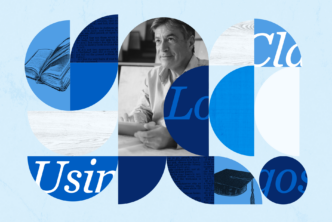
Though I am familiar with people doing this, I myself am not particularly fond of this practice. It is well known that Augustine avoided this; instead of destroying things which revealed his earlier thought, he published a whole book full of retractions. One of the professors at RTS Orlando, John Frame, has opted to keep his earlier published material available, recognizing that all thinkers go through a lifelong process of development in their thought and that there is nothing to be ashamed of in that regard. In fact, it is usually quite interesting to observe how someone’s thought came to be; we find out what they read, who influenced them, and what processes they went through to come to their conclusions.
For the most part, I have kept all the things I have written over the years. My blog is virtually intact from when I started it in 2003. I have admittedly deleted a number of posts, but these were all inconsequential and contained nothing of substance. In addition, I’ve saved most of the papers I have had to write for school. Wayne also encouraged us to save our important correspondence, an idea which has virtually eclipsed the mind of those of us who use email as a primary means to correspond. Simply print off those email exchanges which are noteworthy—even Facebook or Twitter exchanges, for that matter!—and put them in a file folder.
Of course, it is unlikely that many of us will go on to be famous such that our correspondence and writings will mean much at all or be of any great value. But then again, you never know what the future holds and what road God will lead you down. These things may be of significance to someone someday. If nothing else, it would give your posterity a window into who you were.




